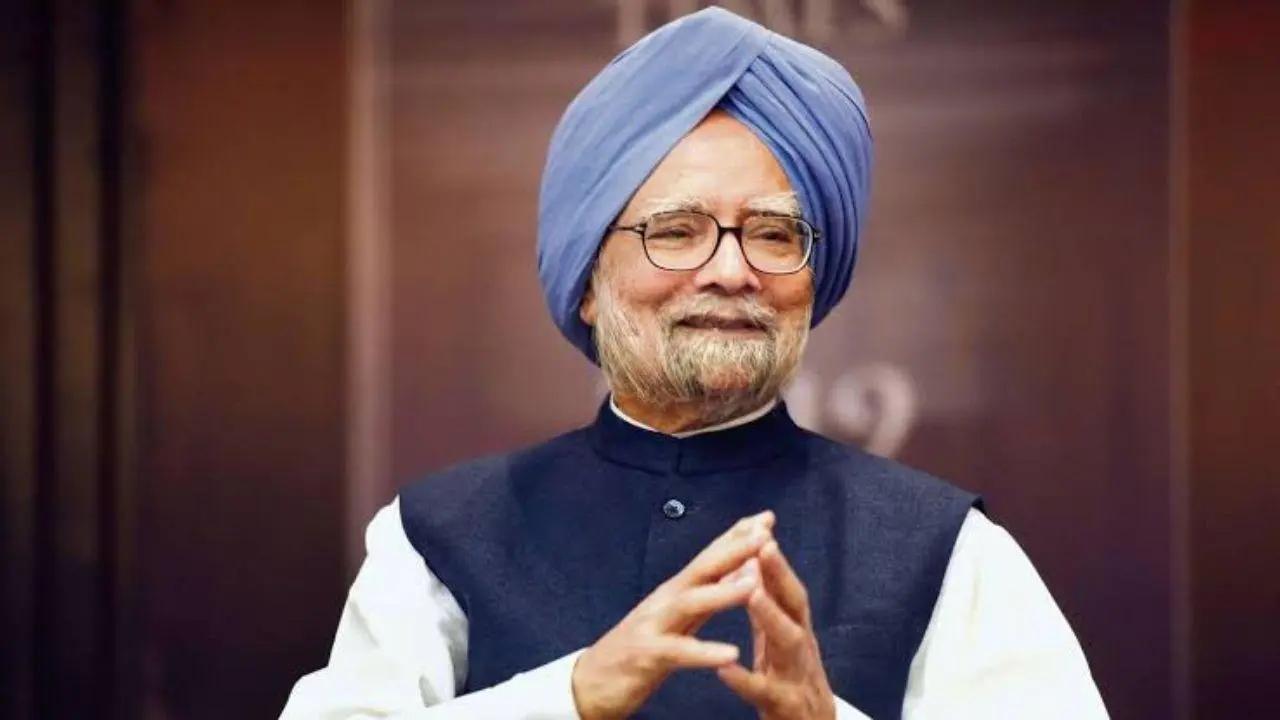Born in 1932, Manmohan Singh is widely regarded as the architect of India's economic liberalisation and modernisation.

Dr Manmohan Singh/ File Photo
Dr Manmohan Singh, one of India's most renowned and prominent politicians, celebrates his birthday on September 26, 2024. Manmohan Singh, born in 1932, is largely recognised as the architect of India's economic reform and development. From 2004 to 2014, he was India's 13th Prime Minister, and he implemented a number of economic measures that helped transform the country into one of the world's fastest-growing economies. As we commemorate his 2024 birthday, it is vital to consider his economic legacy and leadership as Prime Minister.
ADVERTISEMENT
The Economic Reforms of 1991
Manmohan Singh's most significant contribution to India was the economic changes he pushed in 1991 as Finance Minister in P.V. Narasimha Rao's cabinet. At the time, India was experiencing a serious economic crisis, with foreign reserves decreasing, inflation surging, and the country on the verge of defaulting on its loans.
In reaction to the crisis, Singh implemented a number of radical economic changes that liberalised the Indian economy. His programs aimed to dismantle the Licence Raj, reduce government control over businesses, promote foreign investment, and spur private sector growth. These reforms signalled the start of India's transition from a closed, socialist economy to an open, market-based one.
Key measures included:
- De-licensing of industries: Ending the system where businesses needed government approval for most operations, fostering entrepreneurship and competition.
- Trade liberalisation: India’s markets were opened to international trade and investment by lowering tariffs and encouraging exports.
- Financial reforms: Strengthening the banking sector, reducing public debt, and making the economy more resilient.
These reforms laid the foundation for rapid economic growth in the following decades, turning India into a key player in the global economy.
Manmohan Singh as Prime Minister
Manmohan Singh became India's Prime Minister in 2004, when he led the United Progressive Alliance (UPA) coalition administration. His tenure as Prime Minister is remembered for the stability and economic progress it brought to the nation. Under his leadership, India's GDP increased at an annual rate of approximately 7-8%, pulling millions of people out of poverty.
Key Achievements as Prime Minister:
1. National Rural Employment Guarantee Act (NREGA): Launched in 2005, this landmark policy provided employment to rural households and improved livelihoods across the country. It was one of the largest job guarantee programmes in the world.
2. Nuclear Deal with the United States: In 2008, Singh finalised the US-India Civil Nuclear Agreement, which marked a turning point in India’s energy security and its international relations.
3. Food Security Act: The UPA government introduced the National Food Security Act in 2013, ensuring affordable food grains to two-thirds of the Indian population.
His Leadership Style
Singh was recognised for his calm, unassuming attitude and scholarly approach while serving as Prime Minister. He wanted to operate in the background, focussing on policies rather than rhetoric. Despite criticism for being a "silent" leader, Singh's calm, consensus-driven leadership guided him through the intricacies of Indian coalition politics and enabled him to make important policy changes.
 Subscribe today by clicking the link and stay updated with the latest news!" Click here!
Subscribe today by clicking the link and stay updated with the latest news!" Click here!







